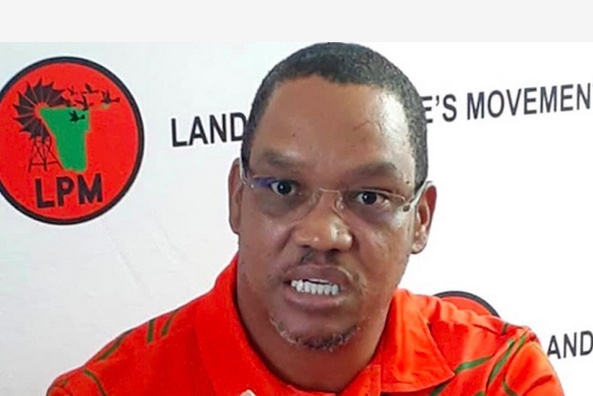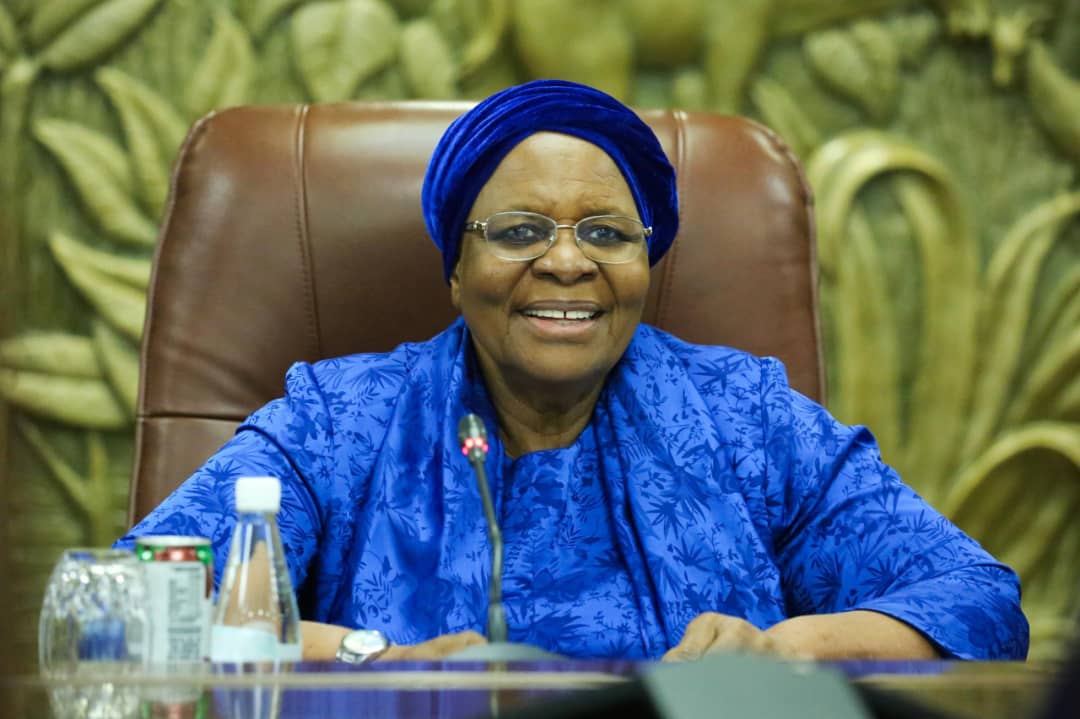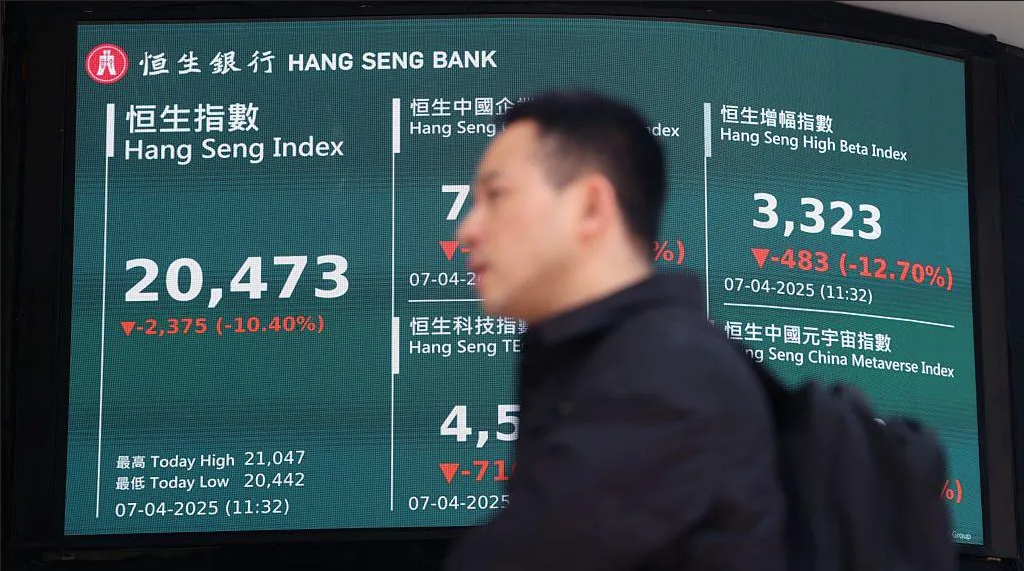WASHINGTON – Although weaker than Washington wanted, a UN resolution imposing sanctions on Iran could enhance an intensifying broad US campaign to isolate Tehran, officials and analysts say.
The Bush administration began testing this proposition on Tuesday when it accused Iran’s oldest bank – state-owned Bank Sepah – of transferring Iranian missile payments to North Korea and barred it from conducting business in dollars. US officials acted under an executive order signed by President George W.Bush in 2005.But they argued that the UN resolution, approved 15-0 in December, mandates all states to move against Iranian facilitators of weapons of mass destruction, and this should mean using national laws to enforce Security Council sanctions broadly, as Washington did.”Given the belaboured pace of UN diplomacy, Iran may believe it has plenty of time before it would face any serious sanctions,” said Mark Fitzpatrick, a former senior US non-proliferation official.”But it cannot discount the already serious impact of de facto sanctions which will increase as Washington continues to apply financial pressure by seeking to to deny international financial services,” he said.Added Trita Parsi, a US-based Iranian author: “The UN sanctions themselves will be fairly ineffective except in one crucial aspect: They will give legitimacy to Washington’s unilateral drive to force key countries to impose financial sanctions on Iran.”Tehran is already paying for an aggressive US Treasury-led campaign to persuade international business the world’s fourth-largest oil producer is too great a risk.Iran “cannot get letters of credit for trade and has had to forego work on most oil and gas development projects,” said Fitzpatrick, of London’s International Institute for Strategic Studies.Banks UBS and Credit Suisse have retreated from involvement in Iran while European financial institutions like ABN Amro, HSBC and Standard Chartered had halted new loans and investments.Japan pulled out of the Azadegan oil field and the Japan Bank for International Cooperation halted new financing of projects until Iran suspended enrichment.The United States has accused Iran of facilitating proliferation and “terrorism” through the world’s financial system, using state-owned banks and front companies to evade controls that responsible financial institutions put in place.Tehran dismissed this as US “harassment.”It says its enrichment activities are aimed at nuclear energy production, not weapons development.The administration has long threatened that absent firm UN sanctions, the United States and its allies would act outside the UN system to contain Iran.Four months ago, Washington cut ties with another major state-owned Iranian bank, Saderat.Bank Sepah has branches in London, Paris, Rome and Frankfurt, but so far governments there have not acted against Sepah, despite US entreaties.Dealings with 10 Iranian organisations and 12 individuals are prohibited, but banks like Sepah – which Treasury called “financial lynchpin” of Iran’s missile procurement network – are not on the UN list.Two months of bargaining left a bitter taste for many US officials who felt a commitment by the other four major nuclear states – Russia, China, Britain and France – plus Germany, to enact rigorous UN penalties was reneged on.After the UN vote, senior US officials told subordinates to “move full steam ahead” on unilateral measures, the official added..Nampa-ReutersUS officials acted under an executive order signed by President George W.Bush in 2005.But they argued that the UN resolution, approved 15-0 in December, mandates all states to move against Iranian facilitators of weapons of mass destruction, and this should mean using national laws to enforce Security Council sanctions broadly, as Washington did.”Given the belaboured pace of UN diplomacy, Iran may believe it has plenty of time before it would face any serious sanctions,” said Mark Fitzpatrick, a former senior US non-proliferation official.”But it cannot discount the already serious impact of de facto sanctions which will increase as Washington continues to apply financial pressure by seeking to to deny international financial services,” he said.Added Trita Parsi, a US-based Iranian author: “The UN sanctions themselves will be fairly ineffective except in one crucial aspect: They will give legitimacy to Washington’s unilateral drive to force key countries to impose financial sanctions on Iran.”Tehran is already paying for an aggressive US Treasury-led campaign to persuade international business the world’s fourth-largest oil producer is too great a risk.Iran “cannot get letters of credit for trade and has had to forego work on most oil and gas development projects,” said Fitzpatrick, of London’s International Institute for Strategic Studies.Banks UBS and Credit Suisse have retreated from involvement in Iran while European financial institutions like ABN Amro, HSBC and Standard Chartered had halted new loans and investments.Japan pulled out of the Azadegan oil field and the Japan Bank for International Cooperation halted new financing of projects until Iran suspended enrichment.The United States has accused Iran of facilitating proliferation and “terrorism” through the world’s financial system, using state-owned banks and front companies to evade controls that responsible financial institutions put in place.Tehran dismissed this as US “harassment.”It says its enrichment activities are aimed at nuclear energy production, not weapons development.The administration has long threatened that absent firm UN sanctions, the United States and its allies would act outside the UN system to contain Iran.Four months ago, Washington cut ties with another major state-owned Iranian bank, Saderat.Bank Sepah has branches in London, Paris, Rome and Frankfurt, but so far governments there have not acted against Sepah, despite US entreaties.Dealings with 10 Iranian organisations and 12 individuals are prohibited, but banks like Sepah – which Treasury called “financial lynchpin” of Iran’s missile procurement network – are not on the UN list.Two months of bargaining left a bitter taste for many US officials who felt a commitment by the other four major nuclear states – Russia, China, Britain and France – plus Germany, to enact rigorous UN penalties was reneged on.After the UN vote, senior US officials told subordinates to “move full steam ahead” on unilateral measures, the official added..Nampa-Reuters
Stay informed with The Namibian – your source for credible journalism. Get in-depth reporting and opinions for
only N$85 a month. Invest in journalism, invest in democracy –
Subscribe Now!










